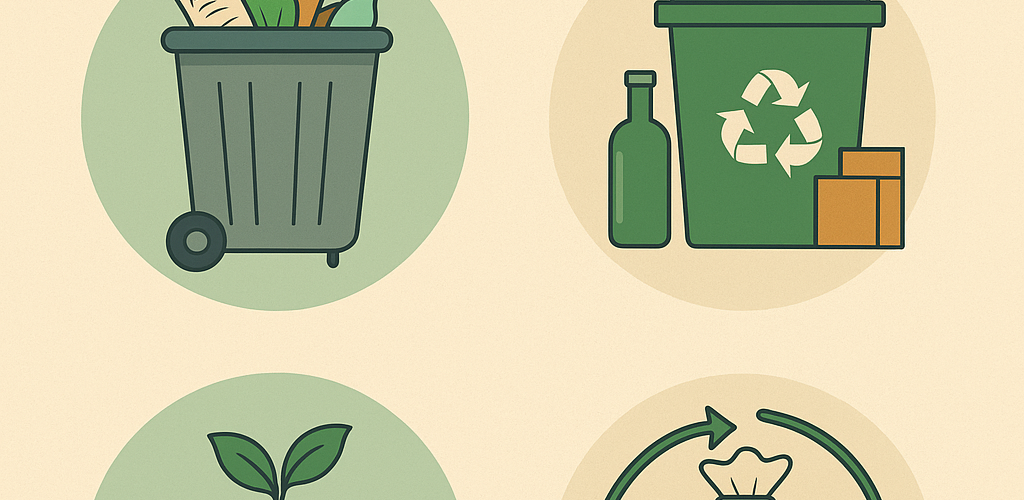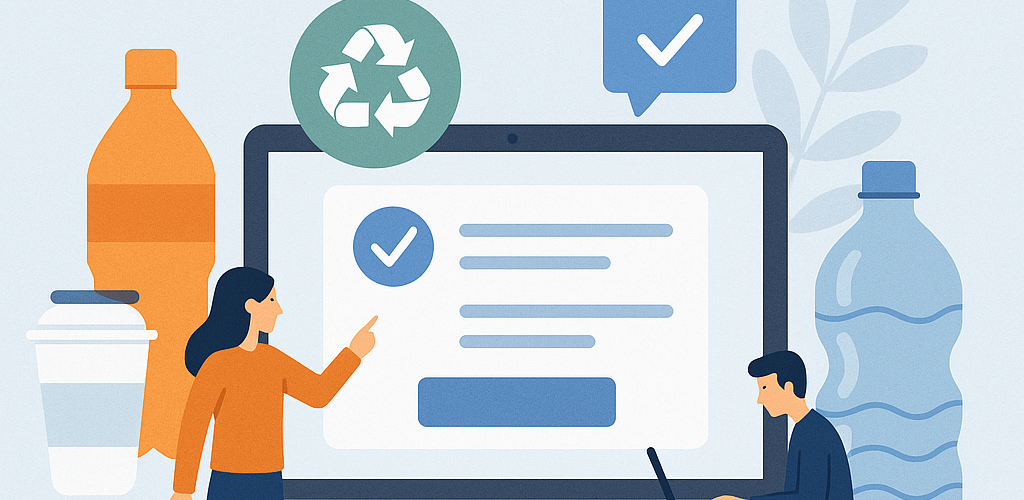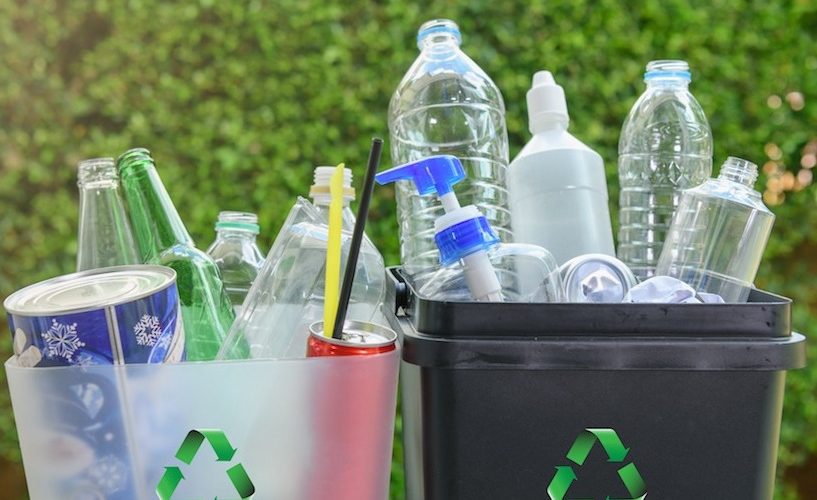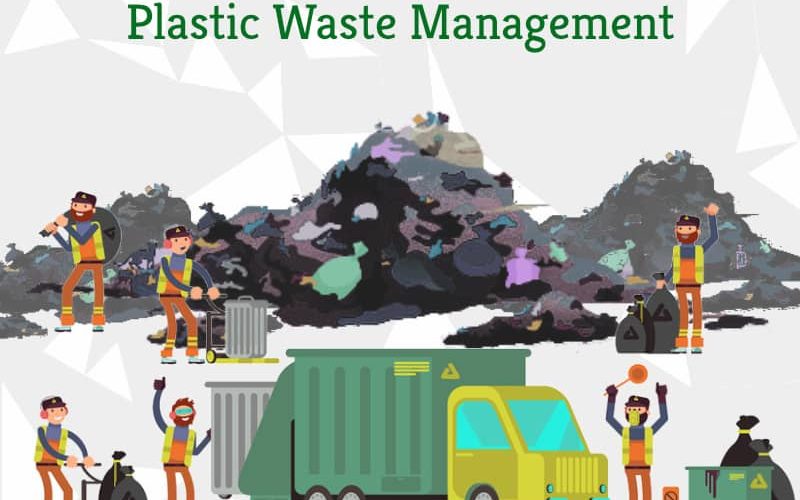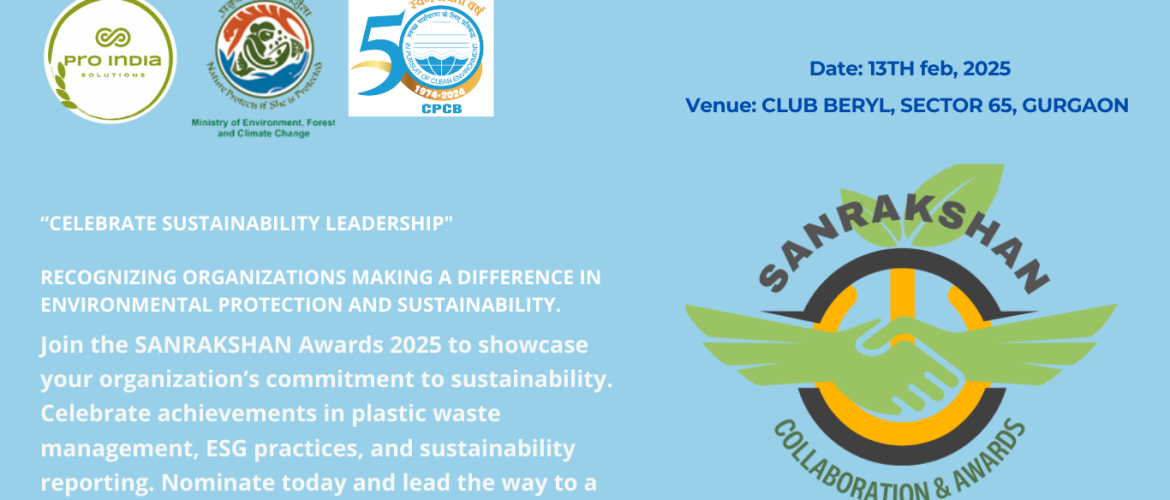From Waste to Wealth: Circular Economy Success Stories in India ♻️ Introduction India generates over 62 million tonnes of waste annually, and the number is expected to rise with urbanization and consumption patterns. But amid this challenge lies a massive opportunity: the circular economy. The circular economy promotes a closed-loop system—reusing, recycling, and repurposing resources rather than discarding them. Across India, companies, startups, and innovators are showcasing how waste can become wealth, improving the environment while generating economic and social value. In this article,
Stay Compliant in 2025: What’s New on CPCB’s EPR Plastic Packaging Portal Quick Refresher: Why the Portal Matters India’s Extended Producer Responsibility (EPR) regime for plastic packaging—anchored in the Plastic Waste Management (PWM) Rules 2016 and overhauled by the 2022 amendment—requires every entity that puts plastic on the market to register on the Central Pollution Control Board’s (CPCB) online portal. Without an active EPR certificate, companies cannot legally manufacture, import, sell, or distribute plastic‑ packaged goods in India. The Classic PIBO
Plastic Waste Management in Business: Responsibility, Regulation, and Opportunity In today’s sustainability-conscious world, plastic waste management (PWM) has evolved from a compliance checkbox to a core business strategy. For companies across industries, managing plastic responsibly is not just about protecting the environment—it’s about protecting brand reputation, reducing costs, and staying competitive in a market that increasingly values environmental ethics. Plastic: A Business Convenience or a Long-Term Cost? Plastics have long been favored by industries for
Plastic Waste Management: A Global Call to Action In the modern world, plastic is everywhere—from packaging and electronics to everyday items like bottles and bags. While its convenience is undeniable, its improper disposal has led to a crisis that demands immediate action. Plastic waste management is no longer an environmentalist’s concern—it’s a global responsibility. The Plastic Problem: A Global Crisis According to the United Nations, over 400 million tonnes of plastic are produced every year
What Are the SANRAKSHAN Awards 2025 and Why Are They Important? As we strive toward a sustainable future, recognizing and rewarding efforts in environmental protection and sustainability becomes essential. The SANRAKSHAN Awards 2025, organized in collaboration with the Central Pollution Control Board (CPCB) and the Ministry of Environment, Forest and Climate Change (MOEFCC), aim to do just that. This initiative highlights groundbreaking contributions to sustainability, with a special focus on plastic waste management. Let’s explore what the SANRAKSHAN Awards


